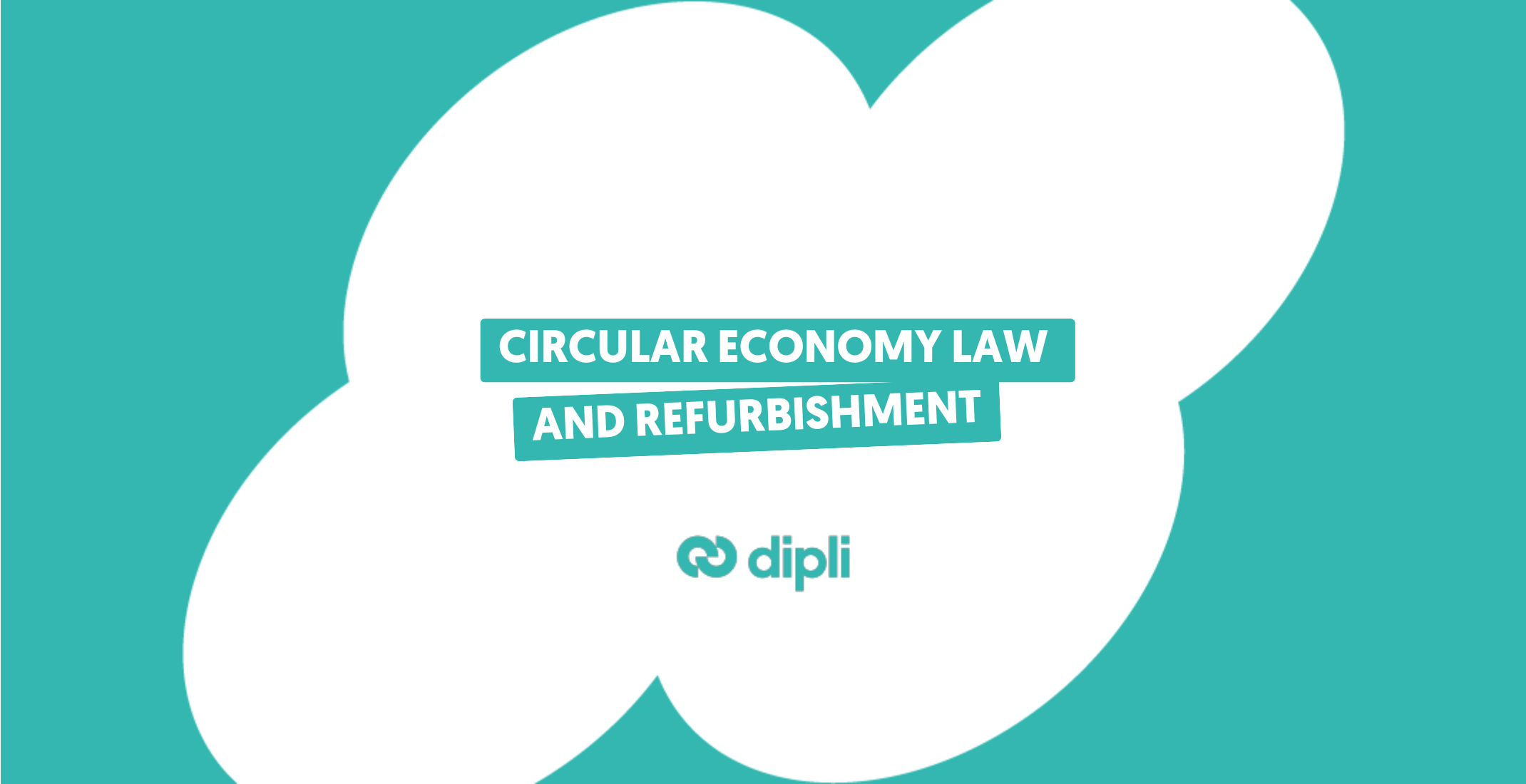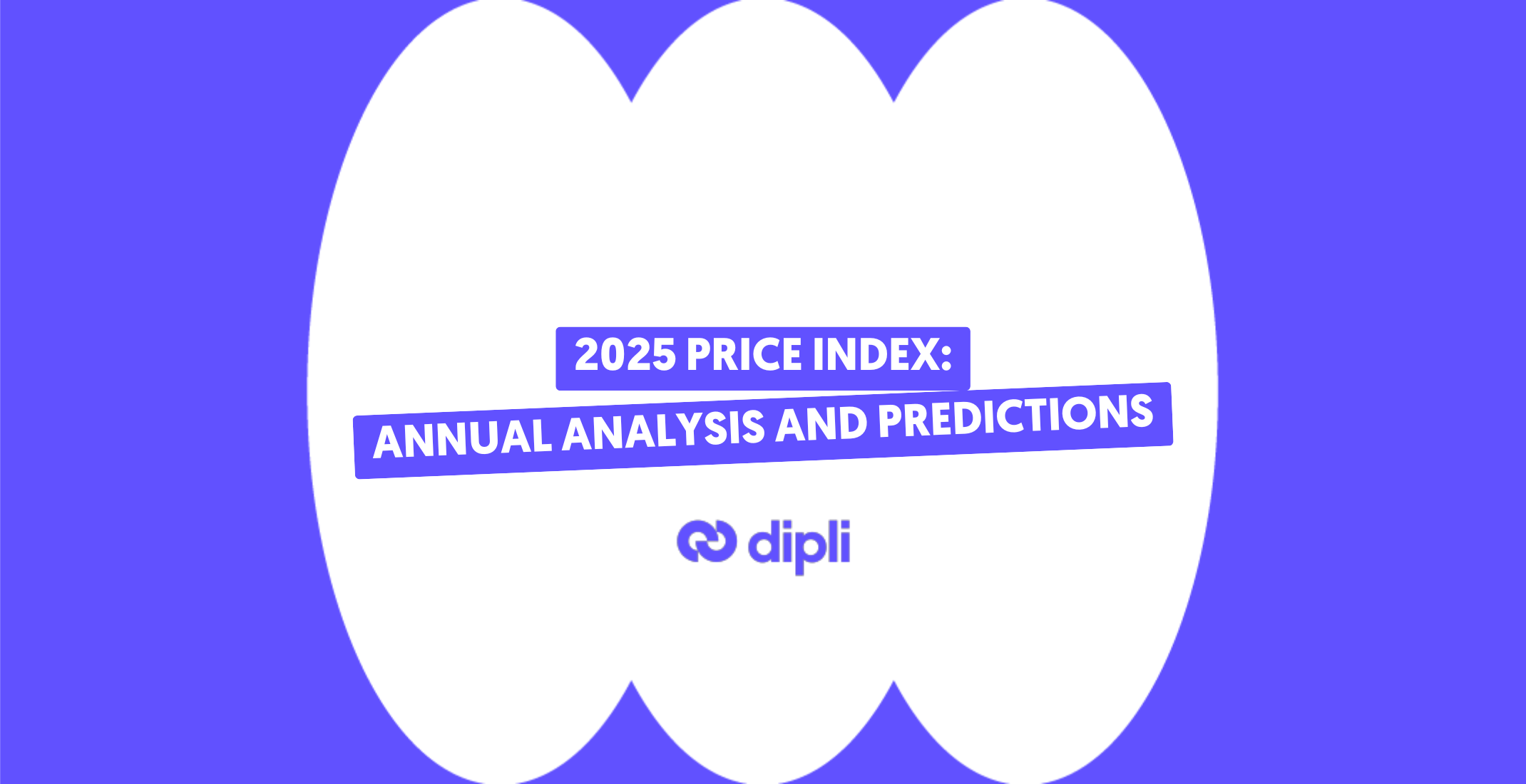Circular economy law and refurbishment: impact on enterprises
08/08/2024
0 comments

Context and objectives of the circular economy law
Key principles of the law
Promulgated in February 2020, the french AGEC law (Anti-Waste for a Circular Economy) aims to preserve natural resources by reusing existing materials while avoiding the production of new waste. It seeks to move away from the linear model of “produce-consume-dispose” and transition to a more responsible era.
This law is outlined in 5 key areas to better define its scope:
- Eliminate the use of single-use plastics,
- Better inform consumers,
- Fight against waste and promote solidarity-based reuse,
- Act against planned obsolescence,
- Improve production practices.
Specific objectives related to refurbishment
To better understand the transformations driven by the french AGEC law, it is necessary to provide a more detailed overview. As things stand, these developments only apply to new products intended for refurbishment; a product already refurbished is not yet subject to these obligations.
- Sustainability index: previously called the "repairability index," it takes into account the robustness, reliability, and upgradability of the product, in addition to informing the consumer about its ease of repair through a score out of 10.
- Repair bonus assessment: this involves a flat-rate reduction in the repair cost of an electrical or electronic device, aimed at extending its lifespan. Consumers can benefit from this bonus if they visit a repairer certified by the QualiRépar label.

Implications of the law for enterprises
New obligations for enterprises
These obligations relate to the refurbishment of electrical and electronic devices:
- Consumer information: indicate the availability of spare parts and the possibility of repair, and specify if a device is already refurbished.
- Reuse and refurbishment goals: applies to certain products only to stimulate their durability and reduce waste.
- Free trade-in of old equipment: distributors must offer this service when purchasing new devices, thereby facilitating recycling and refurbishment.
- Encouragement of repair: manufacturers are encouraged to design products that are more repairable and to extend the availability of spare parts.
Benefits of complying with the law
- Long-term cost reduction: lasting, sustainable and repairable products lower costs over time.
- Enhanced brand image: attracts ethical consumers.
- Tax benefits and incitments: reductions on taxes for eco-designed products.
- Regulatory compliance: avoids financial and legal penalties.
- Innovation and competitiveness: encourages innovation and boosts competitiveness.
- Access to new markets: meets the growing demand for sustainable products.

Role of refurbishment in the circular economy law
Contribution of refurbishment to reducing waste
- Refurbishment can save up to 70% of the raw materials needed to manufacture a new device.
- 1 refurbished smartphone vs. new one saves 55.75 g of WEEE, 22.9 m³ equivalent of water, and 25 kg of CO2e.
- 1 refurbished computer vs. new one saves 314 g of WEEE, 36.3 m³ equivalent of water, and 70 kg of CO2e.
Source : Ademe
Examples of refurbishment practices aligned with the law
By examining the entire value chain of refurbishing equipment, practices are multiplying. As things stand, we are seeing an increasing number of:
- Certified refurbishment centers.
- Trade-in programs.
- Labels guaranteeing the quality and compliance of a product with environmental and safety standards, etc.

How can enterprises act?
Strategies for integrating refurbishment
Integrating the refurbishment of equipment into your supply chain is a real challenge that requires mastering many skills. That’s why Dipli has created its all-in-one solution to simplify the management of your devices' lifecycle.
We provide you with the best expertise in the refurbishment market to help you implement a smart and customized program that meets your needs and ensures optimal quality in second-hand and refurbished offers.
Partnerships and collaborations to maximize efficiency
Dipli is committed to ensuring a second life for all your devices, even those that cannot be refurbished. For this purpose, we have established partnerships with Ateliers du Bocage and Ecologic to recycle your non-repairable, obsolete, or excessively damaged smartphones.
Dipli simplifies the second life of electronic products.
An all-in-one tool for distributors, leasing companies, telecom operators and companies to manage the entire value chain in one place.
The platform connects the electronics industry to secondary markets; simply and securely. Trade-in and return management, refurbishment, omni-channel purchasing and distribution: Dipli covers and simplifies all stages of the circular economy.






Comments (0)